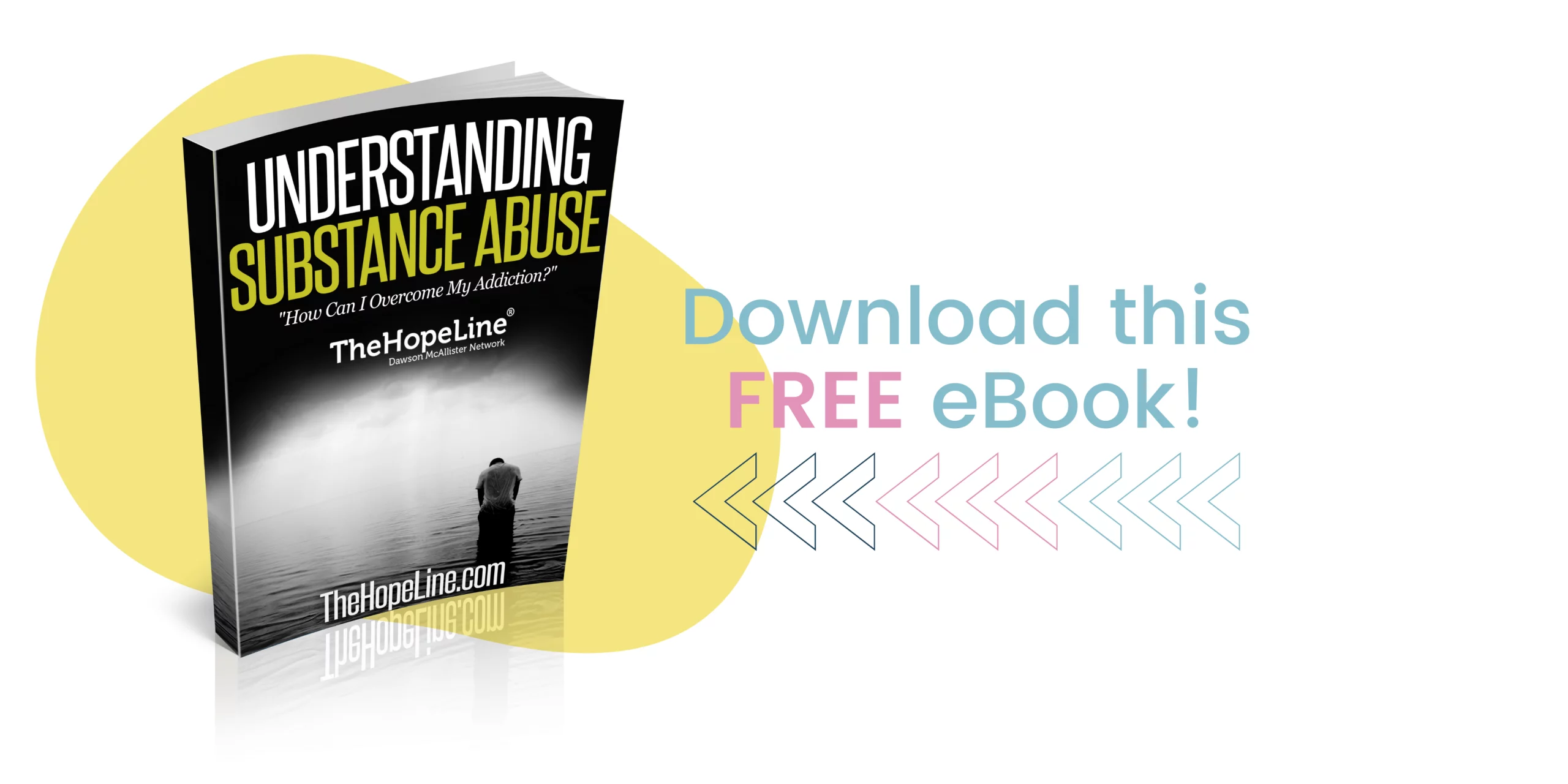If you’re concerned about developing an addiction, or have a history of addiction in your family, it’s good to know the warning signs and get the guidance you need. I want to help by sharing some of the things I’ve learned and observed about addiction and recovery.
You Are Not Doomed to Addiction
I’ve talked to a lot of young people who have an addicted parent or close family member. The pain is real. You love them and don’t want to see them hurting. But you have a fear you may not want to admit. Part of you is probably thinking, “I don’t want to end up like that. How can I stop this from happening?”
For many children of addicted parents, it can be easy to feel like addiction is part of your destiny or that you’re doomed to become an addict yourself.
But there’s no reason to be ruled by fear. Knowing the warning signs of addiction and understanding your own tendencies is key to getting the right resources and support.
Understanding Dependence
I know that hearing the word “addiction” may make you think of constant, uncontrollable substance use or negative behavior. But it doesn’t just happen overnight. I’ve realized (and addiction experts agree) that addictive behavior often begins with dependance.
Dependence happens when you depend on a behavior or substance to get through the day, change the way you feel, or do something that feels difficult. It can be emotional or physical.
Emotional dependence is characterized by a strong feeling that you “need” to use a substance or engage in a behavior to feel happier, to be calmer, to do something better, and so on. For example: saying or thinking to yourself, “This week has been terrible. I need a drink.”
Physical dependence is present when your body responds to being deprived of a drug, alcohol, or behavior (such as pornography use or cutting). Your responses may include irritability, headaches, tremors, increased heart rate, rapid breathing, mood swings, or drastic changes in your energy level.
So, which is worse? Well, neither are a healthy way to deal with your challenges or feelings. A dependence is not healthier or “better” than having an addiction, but an addiction can result if a dependance is untreated or ignored.
In short, the difference between dependence and addiction has to do with behavioral change. AddictionCenters explains it this way:
“When people use the term ‘dependence,’ they are usually referring to a physical dependence on a substance. . . Addiction is marked by a change in behavior caused by the biochemical changes in the brain after continued substance abuse.”
While there isn’t a single moment when dependence becomes addiction, the turning point comes if not having access to your addiction causes irrational behavior, or causes you to not care about the consequences that may happen as a result of using. I suggest taking some time alone to be honest with yourself about your feelings.
If you feel like:
- You’re becoming a different person.
- You’re losing control of your actions or emotions.
- You self-medicate with your substance or behavior, using it in place of medical or psychiatric treatment or healthy self-care to feel better or numb the pain.
- You have to use or engage in your addictive behavior in order to feel “normal”.
- You use the substance or engage in the behavior alone, or are starting to plan your day around it.
Then It’s time to get treatment for dependence and make a plan to lower your risk of developing an addiction.
Freedom is Possible
I believe it because I’ve seen it: freedom from addiction or dependence is possible. But it’s not something that happens overnight, or something you can make happen alone.
How can you find freedom?
Prayer and faith: God “gives strength to the weary and increases the power of the weak” (Isaiah 40:29). It may feel impossible to break free of a dependance or an addiction, but with the power of God in your corner, you can grow by leaps and bounds.
Asking for help: Having someone to talk to makes a big difference when you’re working on changing any deeply-ingrained mindset or behavior. And we can start that conversation right here. TheHopeLine HopeCoaches are here to help you find healing from dependance and addiction. We’re here for you. Reach out to us today!



